Fears over human rights in Cambodia as crackdown on protests continues
The Guardian
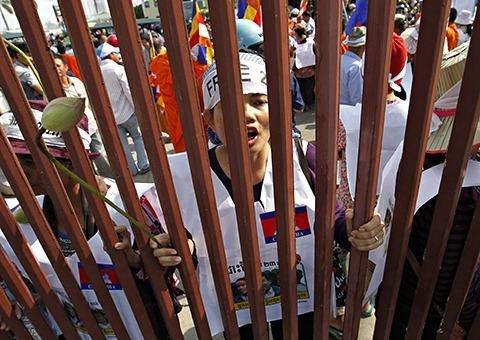
After months of protests, which were largely tolerated by the government, human rights in Cambodia have deteriorated rapidly this year.Global unions have announced a worldwide day of action in support of the detainees before a bail appeal hearing this week, while local unions have threatened another mass walkout.

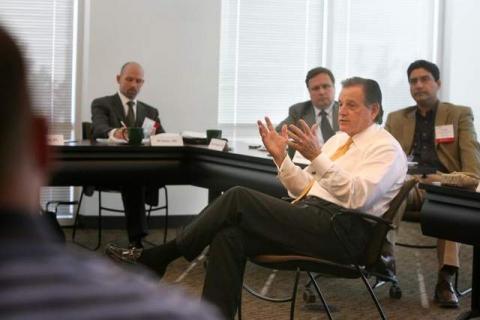
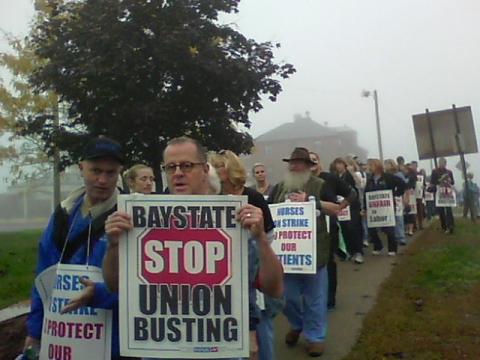
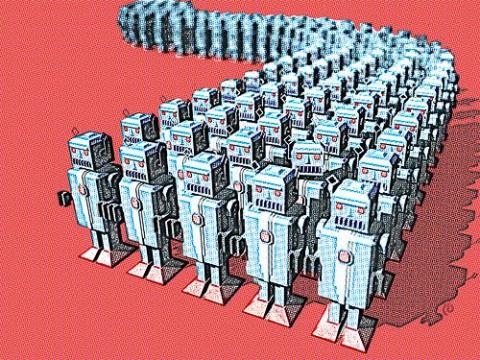
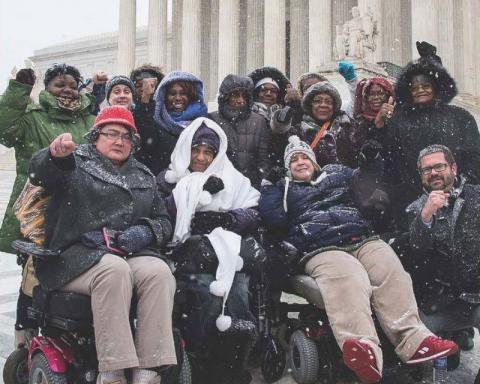

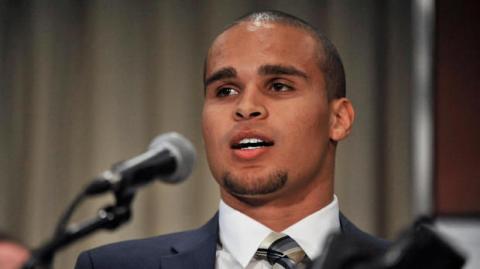
Spread the word